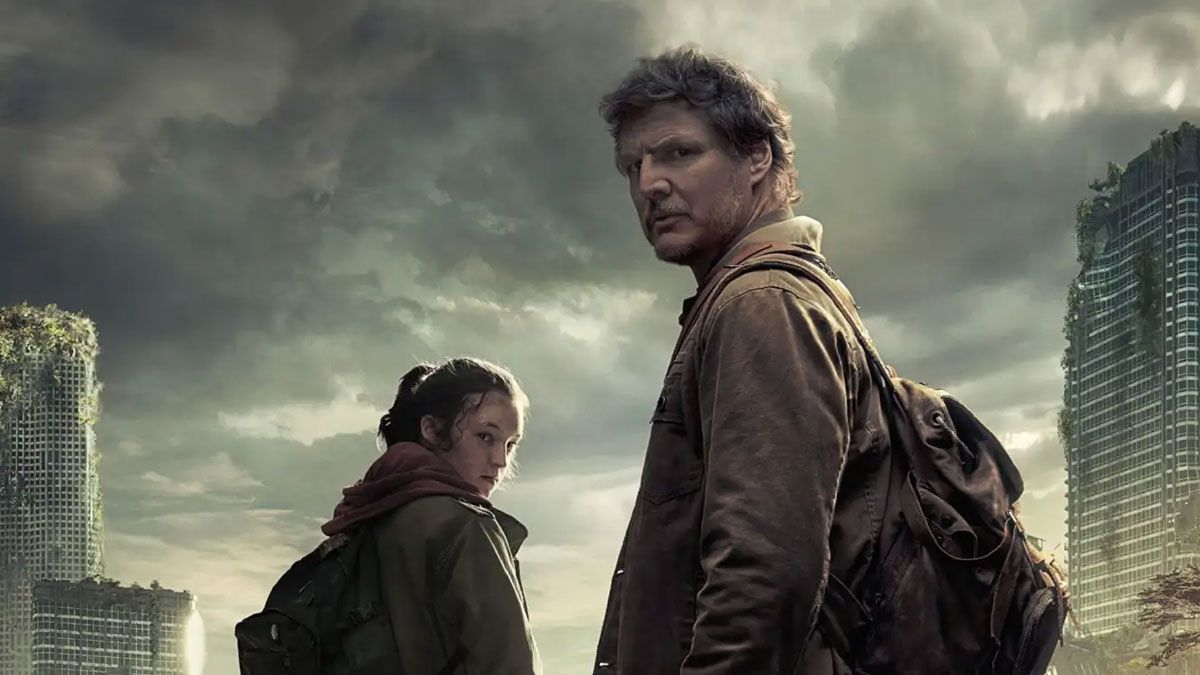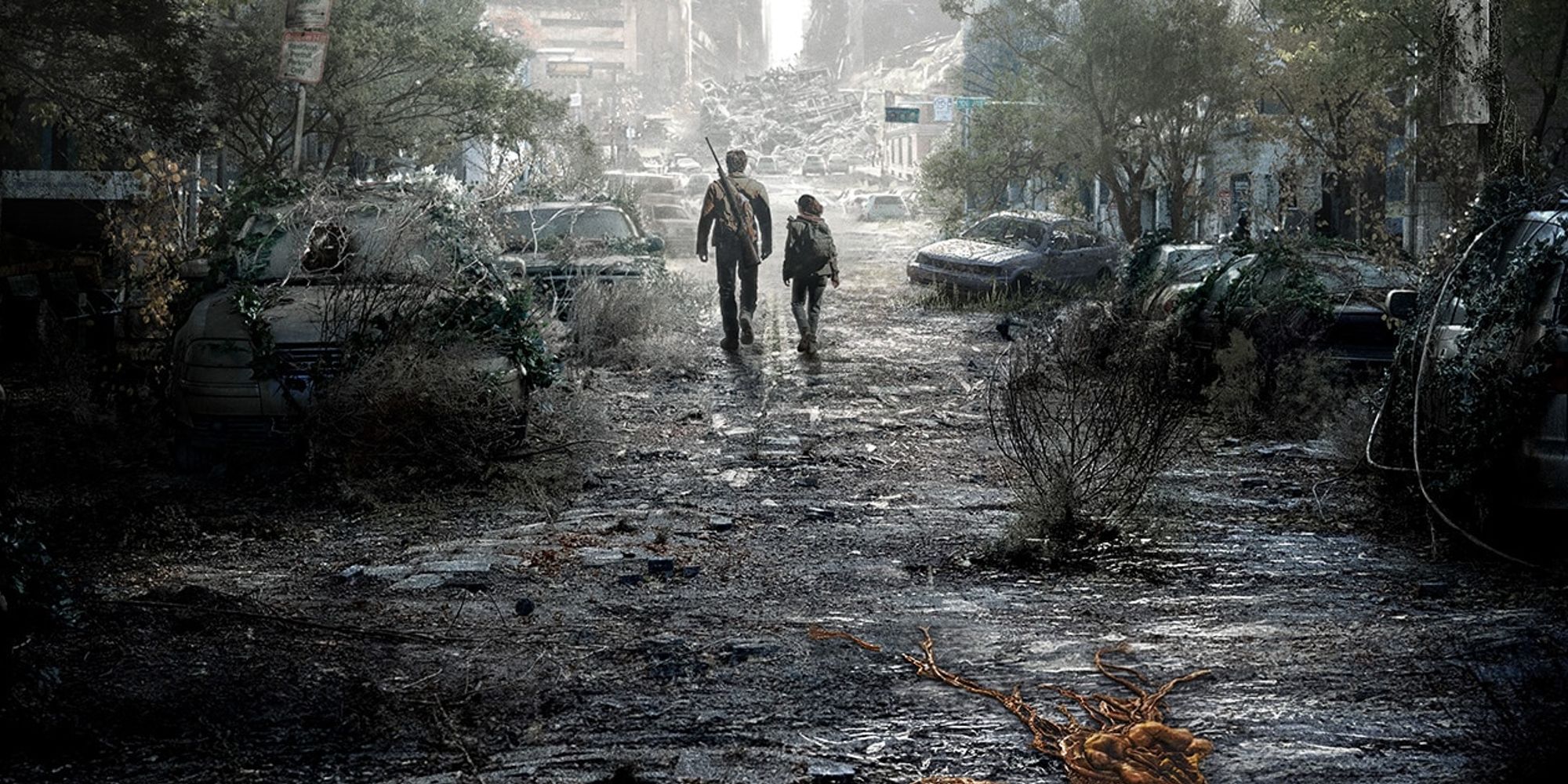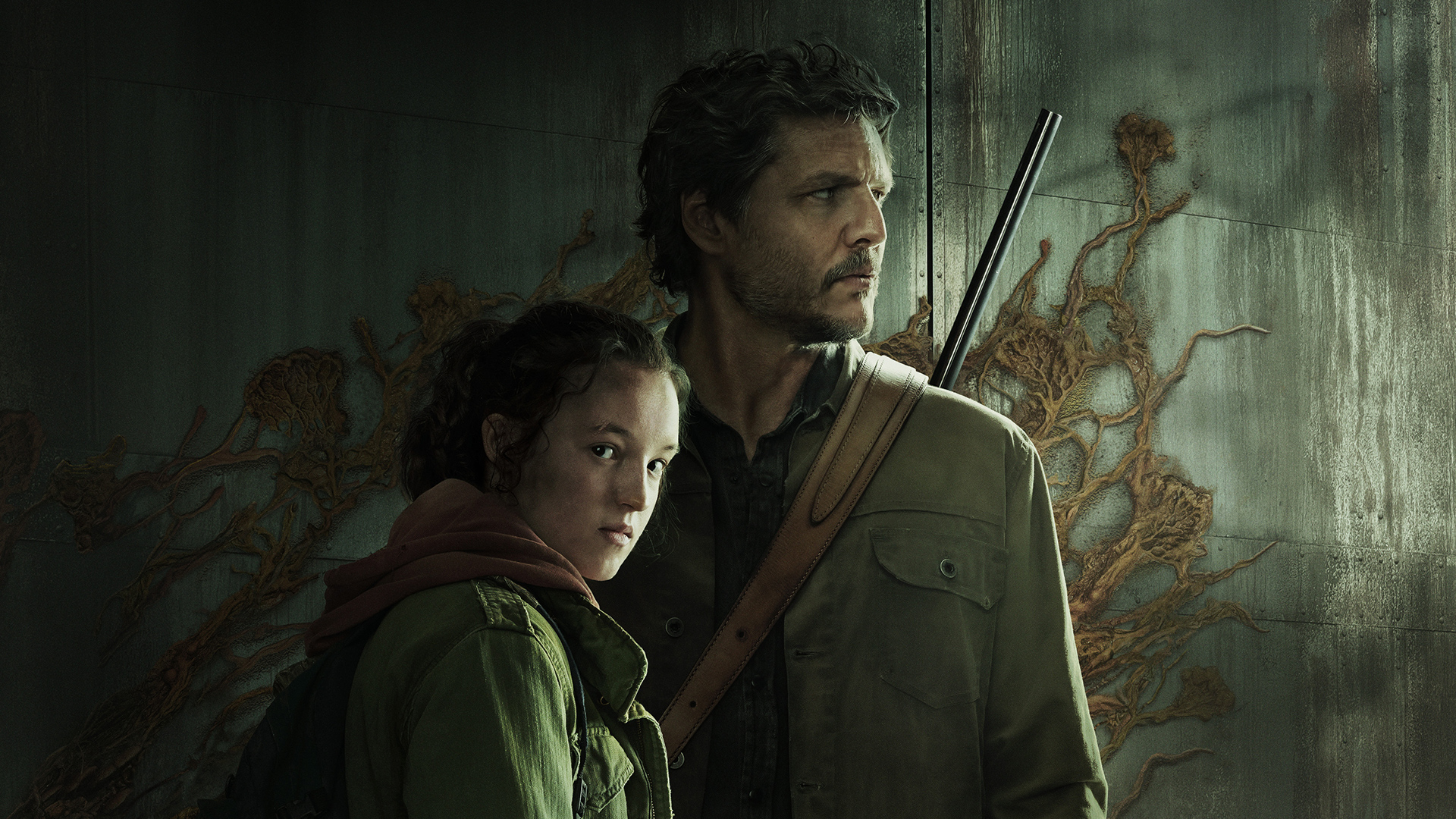The Last of Us has won countless awards and earned impressive critical acclaim since its 2013 release. The game is set in a post-apocalyptic world following a mutated fungal global pandemic. The Last of Us follows Joel, a smuggler, as he traverses the dangers of post-epidemic America with fourteen-year-old Ellie, whom he has been tasked with escorting. The Last of Us has expanded into an expansion, a sequel game, comic books, and now a television series on HBO.
The Last of Us was created by Neil Druckmann, with the initial development beginning at Naughty Dog in 2009. Druckman has paired with Chernobyl creator Craig Mazin for the HBO series, with both serving as co-creators, writers, and executive producers of The Last of Us. The first season will follow the events of the first video game and expansion while adding new characters into the mix.
Screen Rant spoke with Craig Mazin and Neil Druckmann about the highly anticipated adaptation of The Last of Us. Mazin explained how the COVID-19 pandemic impacted their portrayal of the Cordyceps fungal outbreak. He also breaks down how the natural chemistry between Pedro Pascal and Bella Ramsey is key to the success of the series. Druckmann and Mazin also share how the series allowed them to explore different perspectives and new characters that Druckmann was unable to in the video game.
Craig Mazin and Neil Druckmann on The Last Of Us
Screen Rant: Full transparency, I just recently got a PlayStation 5. My buddy came over, downloaded The Last of Us. I started playing it, then I found out I was going to be talking to you guys and I stopped, because I wanted to have the experience of the show before the game. The fungus spreading hits especially close to home, especially after 2022. Why did you include the scenes before it spreads worldwide with the scientists and Joel's family, and was that influenced by the real pandemic?
Craig Mazin: Yeah, a little bit. We wanted to at least acknowledge that everybody knows about pandemics. That wasn't the case when Neil made the game in 2013. And we're all epidemiologists now. We're all scientists. We all understand how these things work. We wanted to acknowledge that we were aware of that, and we also wanted to put it in context and say, "Look, viral pandemics come and go. They're terrible. But then they end." This is something different.
Fungus is a funny word. It's much, much worse, and we can't stop it, and it was important to give the audience a sense that this was always there. It's been there for forever. It wasn't like nobody knew and then suddenly, a Cordyceps! We knew. We knew and then a bunch of years go by, and then today is the day that the thing that that guy said would happen is happening.
You're able to pivot between perspectives in a way you can't really do in the game. By the way, episode 3 legit made me cry. Is there any particular character or storyline you were excited to explore more in-depth?
Neil Druckmann: Well, yeah. That, to me, was part of the fun of diving back into this world and retelling the story is exactly what you mentioned, the game so much about [it] is getting you to connect with Joel and Ellie, which is why we're so dogmatic of only giving you their perspective and no one else's. I was very excited to go on these tangents and get to explore. I don't think it's a spoiler, but one of the ones I was most excited for was David. And then another one that Craig came up with was the character of Kathleen, who was the leader of who in the game of these guys were the hunters, and they take a slightly different role here.
Because I love the idea that there aren't just good guys and bad guys. Everybody's trying to survive, everybody's trying to live life to the fullest way they can. But often, the goals are competing with each other, and that's where the interesting things happen and the different philosophies of how to survive or do the ends justify the means, speak to what the story is really about in new ways than we did in the game.
Craig Mazin: Yeah. I would just add that we didn't have to fulfill a need that the video game had, which was to send NPCs at you. You have to kill a lot of people in that video game, but for us, violence was quite serious, and we didn't want to numb people to it. And so when enemies come, it was important for us to ask the question, "Well, why are they enemies? What do they want?" They're not just evil people. From their point of view, this all makes sense, and it's justifiable, and that was an interesting thing to explore.
After watching the first episode, I was like, "Yo, I just want to go all into this game," because it's incredible. And the relationship between Joel and Ellie is at the heart of the story. Can you talk about finding the chemistry between Pedro and Bella? Because it feels like the game, but still uniquely their own.
Craig Mazin: Joe, we didn't have to find that chemistry. Neil and I understood the chemistry from a dramatic point of view. We poured all of that into the page. It obviously is all taken from Neil's game. That's why we're all here, that relationship between Joel and Ellie in The Last of Us 2013. Awesome. So we know it. We feel it. We breathe it. We put it on the page. We find two actors that we know embody the spirit and soul of Joel and the spirit and soul of Ellie, and then we put Pedro Pascal and Bella Ramsey together and go, "I hope this works," because chemistry is chemistry. It's a mystery.
I was directing that episode when they come together for the first time, and I just remember sitting back in my chair going, "We're going to be okay." They just had something, and the chemistry that they have both on and off the set is remarkable. They are in love with each other in the most beautiful way. They take care of each other. I think that Bella looks up to Pedro and I think Pedro looks up to Bella, and they look out for each other, and they advocate for each other. Whenever I see them on these press things, they're just always like, "Oh, God." It's real. It's real, and you can feel it all the way through.
About The Last Of Us
Based on the wildly popular 2013 video game of the same name The Last Of Us takes place in a post-apocalyptic world ravaged by a fungal outbreak. The series follows Joel, a hardened smuggler, tasked with escorting 14-year olf Ellie across the ravaged United States in hopes of finding a cure.
Check back soon for our other The Last of Us interviews here:
The Last of Us premieres on HBO and HBO Max on January 15.



